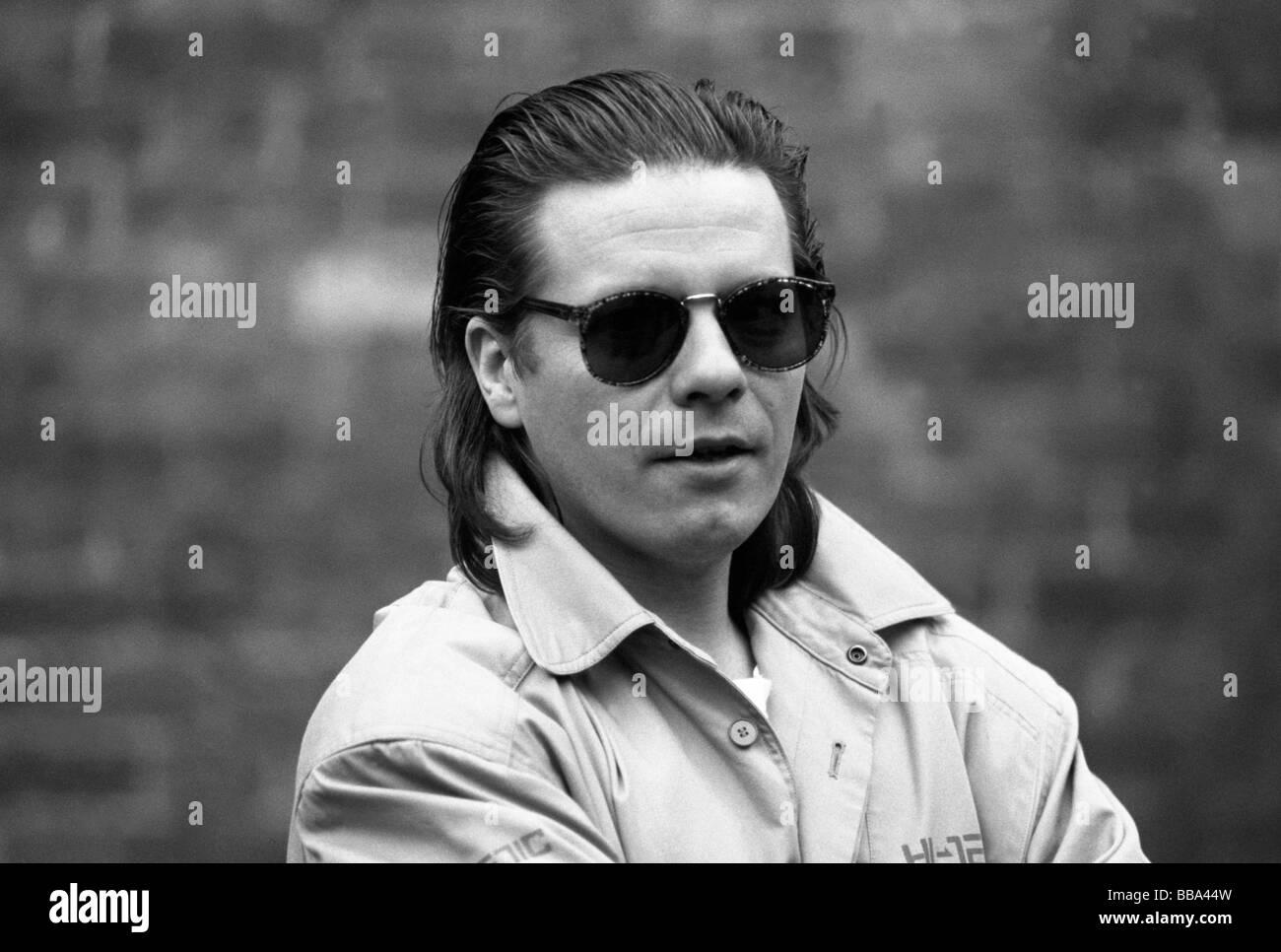
And then the next thing was the rise of the sound player, the drum machine. And suddenly I'm thinking about all these incredible musical cats and I started thinking less of myself in comparison. I remember I started hanging out in the Power Station in New York and starting to hear all these session musicians. And then you kind of get a little self-conscious and then suddenly you're like out there and everybody's talking about what you do, and you start comparing yourself. It's why we love seeing kids give performances, 'cause it's so sincere, but it's fragile.
ANDY TAYLOR DURAN DURAN 2021 HOW TO
And I think that's always exciting, and it's always exciting when you hear young people just playing whatever it is that they know how to play. I just played everything that I knew how to play at that point. I'd been playing bass for maybe a year and a half when we went into the studio to make that first album. We had so much success at such a young age. Taylor: Well, there's a spirit that you have when you're starting out and Duran were unusual. It is a progressive pop rock record, and I think one of the reasons is because you can really hear what the individual musicians are contributing and I feel that's happening less today.īaltin: I'm sure for you personally, when you go back and hear this record, you can hear, you're a way different and probably more skilled bass player than you were, when you were doing "Reflex" almost 40 years ago. And actually, I don't even mind using that term progressive. Actually being able to hear that in the music, that's not easy today, that's like progressive rock. But, if you so desire, to be able to immerse yourself in the music, and actually hear Graham Coxon and Nick Rhodes and John Taylor. He did the same thing with the drums, with the guitars, it was painstaking.

But we were blessed really with this album to get started with Erol Alkan, who had a very classical approach to production on this record, took hours getting the bass sound, took hours f**king beating the s**t out of me, getting bass performances out of me, wasn't interested in any shortcuts.

And typically we think, "How does a personality express itself in music and contemporary music?" It's probably through the vocals and the lyrics.

For me to be able to say to you about one of our albums, it's a very personal album, it's quite difficult because I'm the bass player. And to say that as a group album is quite a difficult thing to do. So, there's a lot in this one.īaltin: What does the journey of this album say to you? But the first side of the vinyl album is just the first five songs, so it's from "Invisible" to "Future Past." And I feel even in those five songs, you kind of get the journey of the band. Even the vinyl version of the album, which was the first thing that we mastered, it had to be a 10-song version of the album, which was kind of frustrating 'cause we've been preparing like a 12 and 15 song. I really like that it's almost got the whole journey in a way. When we're too annexed in it and each of us is just trying to come up with the next best part, you're not really thinking, "Well, what about if we do something like this." You're just trying to do the best thing that you can do, but after it's all done and dusted, it's sort of easier to see, "Oh God! So that was where I was coming from there." And actually, with this particular album, I really rather like it. And once I really got to listen to the album as a whole, once we've re-mastered it and delivered it, that's for me when I started to see all the influences and all the unconscious inspirations and those kind of mash-ups almost, where Atari Boy meets Siouxsie and the Banshees and whatever it is, or the David Bowie tribute, that the last song turns out unwittingly to be. Taylor: Exactly, especially standing back.

And any time you get a collection of musicians who have these wildly eclectic influences, when you go through Future Past, are there moments where you hear these crazy mixes of wild sweeping orchestral Stanley Kubrick-inspired scores and jazz soul collections and Ultravox? īaltin: I just interviewed Nick Rhodes about the project he's been doing with Wendy Bevan. And then for you '80s fans, digitally re-mastered fortieth anniversary version of Ultravox's Vienna, which includes an instrumental version of the album on a separate disk. I'm also seriously in love with Agnes Obel. This is Lovers Rock, they're a London-based company and that all of their compilations are amazing. I'm quite eclectic, and sometimes I buy things, I don't know this artist but I just had to have it. Steve Baltin: Did you find anything good in the record stores in Austin? I spoke with Taylor about the band's evolution, dealing with that early fame, the group's diverse musical influences and much more.


 0 kommentar(er)
0 kommentar(er)
